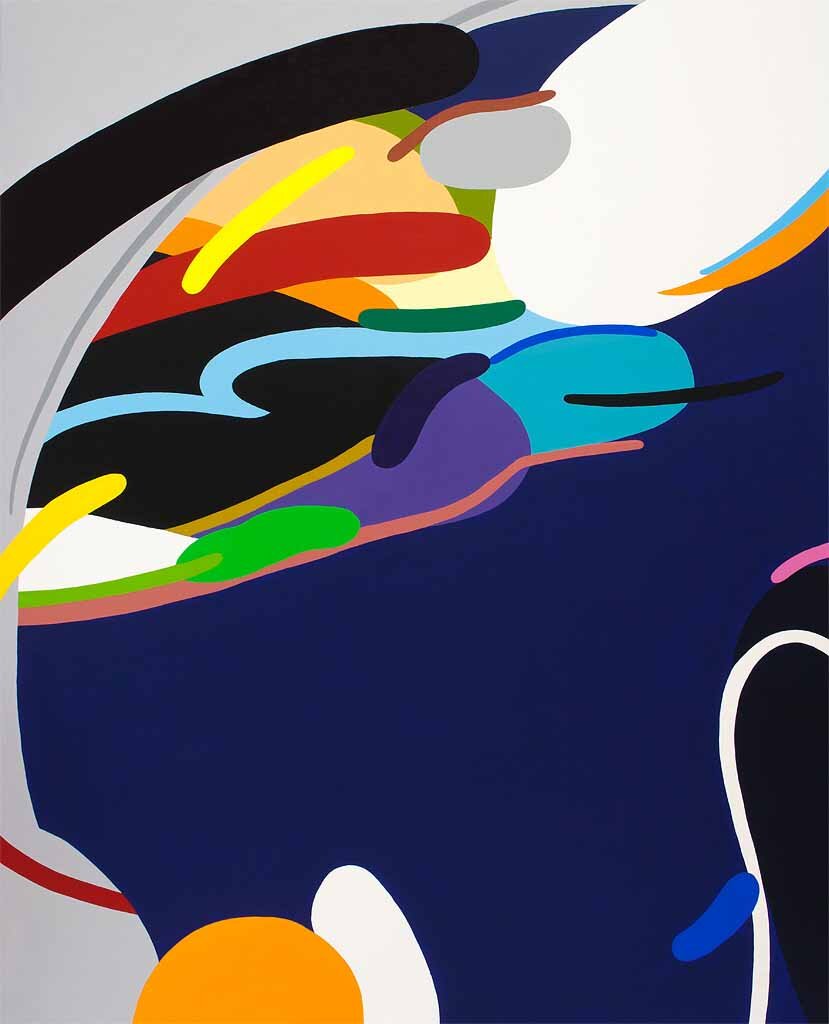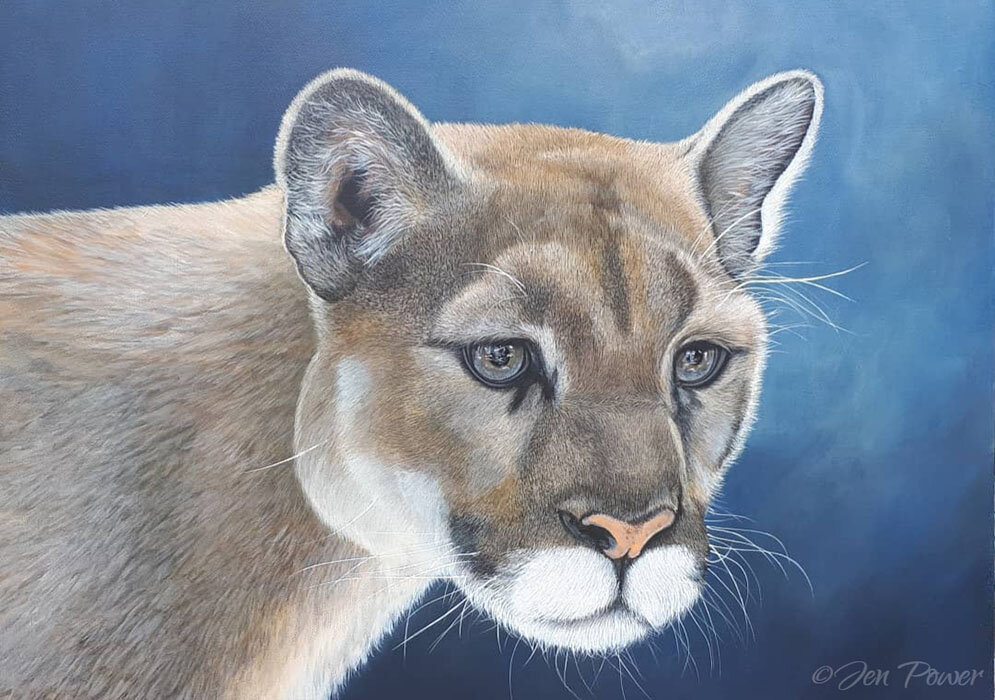London-based guest curator Gelly Gryntaki highlights the work of Jen Power, Kotaro Machiyama & Trendafila Trendafilova
About Gelly Gryntaki
I am a feminist, an art curator, critic and writer, a mother, a reader and a translator. I am interested in queer and gender identities, posthumanism, science and science fiction and engaged in feminist and human rights movements.
My research focuses on contemporary art creation as a multi-dimensional space where all those fields intersect and interact, offering a new world and self-perspectives.
I have a multi-disciplinary background with a BA diploma in Physics, an MA in Art Conservation and a PhD combining Physics with Literature and Contemporary Art.
I have worked as an independent contemporary art curator, translator, art critic, and writer for several institutions, media, and artists.
I am a regular contributor to The Greek issue of The Art Newspaper and the Greek online culture magazine https://www.elculture.gr.
I live and work in London. My website is http://www.art-cat.gr/.
Kotaro Machiyama’s Plastic Abstraction
What characterizes Kotaro Machiyama’s paintings is striking materiality. Although undefinable, his “objects” seem ready to get out of the canvas. There is a sense of livelihood, a joyful plasticity that brings the paintings somewhere between pop art and abstraction.
Despite their non-representational nature, though, they open conceptual doors to elusive narratives. They could be details of a toy or a bright coloured industrial product, a futuristic landscape or even an expressionistic depiction of a body part.
Machiyama’s pallet keeps some apparent pop qualities. His imagery seems to have vague origins in Nicholas Krushenick’s enigmatic forms and Lichtenstein’s use of the comic strip. However, his game with volumes and empty spaces gives his work the very individual identity of what I would call plastic abstraction.
Jen Power And The Wisdom Of Nature
What I most admired in Jen Power’s figurative painting, is the quality of portraiture she attributes to wildlife and landscape. However, her images have an intense expressiveness that goes beyond any kind of anthropomorphism. It is a sincere and unpretentious attempt to capture nature’s very own soul.
There is a simplicity and a serenity here—a gentle approach to wildlife, like moving slowly towards it, trying not to disturb its peace. The result of this kindness is an unreserved manifestation of beauty that doesn’t need any second readings or connotations to function. It is pure nature in her modesty and wisdom.
Trendafila Trendafilova’s Digital Surrealism
I love how Trendafila Trendafilova’s paintings function like surfaces where the dream world intersects with the digital one. This artistic entanglement of the web with the subconscious is achieved not only by using digital means but also through her very subjects.
Despite the obvious and fresh references to the web, popular digital technologies, and the abstract non-materiality of the virtual, her imagery has strong origins to some pure elements of the surrealistic vision.
Magrittian skies surround the awkwardness of the contemporary technologies’ user, while mysterious deserts and strange geometries create new perceptions of existence and human connectivity. Her surrealistic absurdity thus becomes an expression of the digital age’s loneliness and estrangement.




